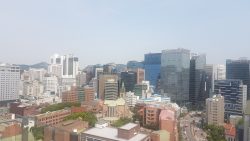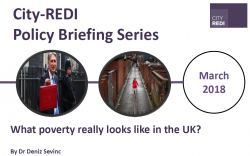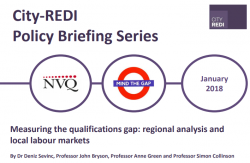I spent 5 days in Seoul where I attended the Asian Meeting of the Econometric Society. Econometric Society’s annual meetings are the largest annual meeting of academic economists around the globe alongside American Economic Association and Royal Economic Society. Many academics and institutions contributed to the 2018 Asian Meeting of the Econometric Society. The Korean … Continue reading “Seoul, Street Food, Networks and Numbers: The 2018 Asian Meeting of the Econometric Society”
Tag: Deniz Sevinc
What Poverty really looks like in the UK
In 2012, the UK had a higher poverty rate than most EU member states. While poverty rates have declined since then, this progress is now at risk since policy changes under the 2017 Autumn Budget. UK Poverty 2017 underlines that “overall 14 million people live in poverty in the UK – over one in five … Continue reading “What Poverty really looks like in the UK”
Multidimensionality of Poverty in the UK or How Poor is Poor?
Poverty is an on-going problem facing all societies, and there are many different ways of exploring the issue. On the one hand, there is concern with inequality, including the drivers behind the unequal allocation of advantage vs. disadvantage. On the other hand, there is concern with measurement and definition. In the latter case, poverty defined … Continue reading “Multidimensionality of Poverty in the UK or How Poor is Poor?”
Measuring the qualifications gap: regional analysis and local labour markets
The latest City-REDI Policy Briefing, ‘Measuring the skills gap: A regional analysis of a local labour market’ is a focused analysis of the NVQ (national vocational qualification) qualification ladder levels 1 through 4, in specific geographic regions of the UK. It examines the types of qualifications that employers find missing from candidates applying for jobs, … Continue reading “Measuring the qualifications gap: regional analysis and local labour markets”




